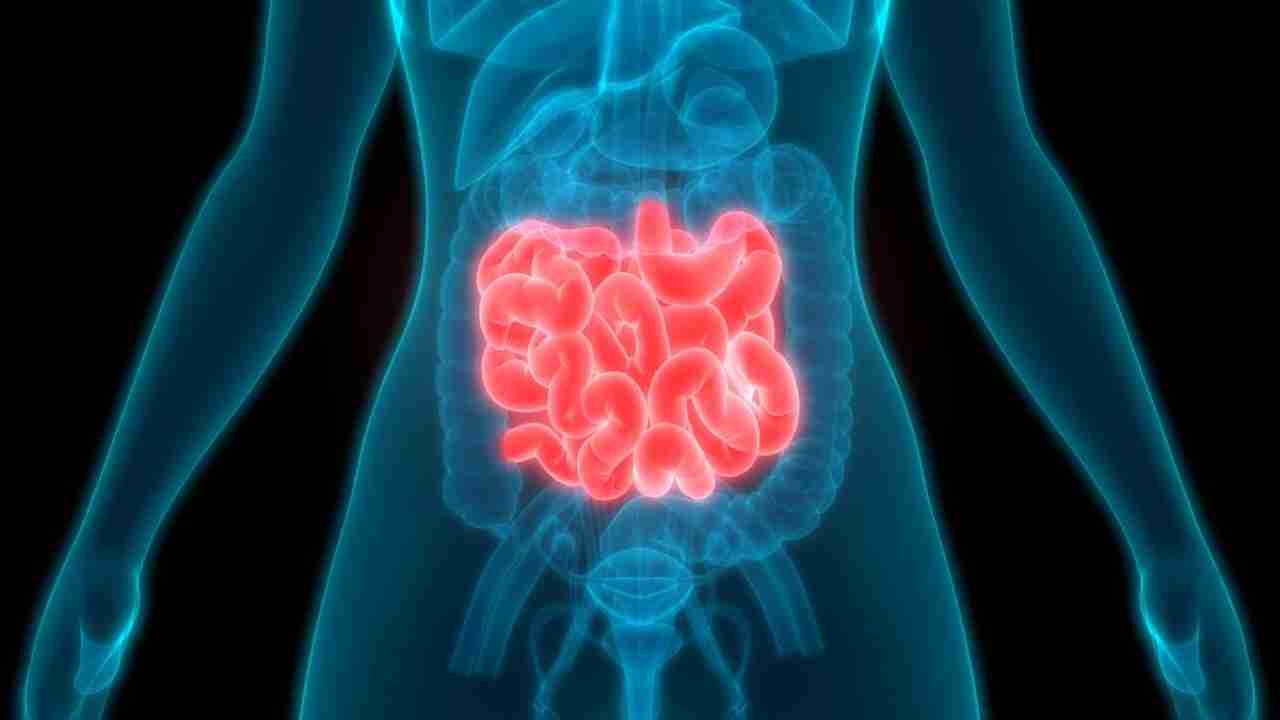1. What is the significance of the study published in Nature Communications regarding the small intestine’s adaptability?
- The study sheds light on the remarkable ability of the small intestine to adjust its size in response to changes in nutritional intake, providing insights into fundamental aspects of human physiology.
2. How does the small intestine detect variations in dietary intake?
- The small intestine employs intricate nutrient sensing mechanisms to detect fluctuations in dietary intake, triggering molecular cascades that initiate adaptive responses.
3. What are some examples of nutrient sensing pathways identified in the study?
- Examples include signaling pathways involving hormones such as insulin and glucagon, as well as sensing mechanisms related to specific nutrients such as glucose and amino acids.
4. What is cellular remodeling, and how does it contribute to the adaptability of the small intestine?
- Cellular remodeling refers to the process through which the small intestine undergoes structural changes, including alterations in cell proliferation, differentiation, and apoptosis, enabling it to adapt its size and morphology.
5. Can the small intestine rapidly adjust its size in response to changes in nutritional intake?
- Yes, the study highlights the dynamic nature of adaptation, demonstrating that the small intestine can rapidly expand or contract in size depending on the duration and magnitude of dietary changes.
6. How do these findings impact our understanding of nutritional disorders?
- Insights into the adaptive mechanisms of the small intestine offer valuable insights into the pathophysiology of nutritional disorders such as malabsorption syndromes and obesity, potentially leading to innovative therapeutic strategies.
7. What implications do these findings have for precision medicine?
- The ability of the small intestine to tailor its size to individual nutritional needs underscores the importance of personalized approaches to healthcare, facilitating the optimization of treatment regimens for better outcomes.
8. Are there any potential therapeutic implications of this research?
- Yes, understanding the molecular mechanisms governing organ size regulation could lead to the development of targeted therapies for a range of gastrointestinal conditions and other disorders related to nutrient absorption and metabolism.
9. Could this research contribute to the development of dietary interventions or nutritional guidelines?
- Yes, by elucidating how the small intestine responds to dietary challenges, this research may inform the development of dietary interventions and nutritional guidelines tailored to individual needs and metabolic profiles.
10. How might this research impact future studies on human physiology and health?
- This research opens up exciting avenues for further exploration into the adaptive mechanisms of the small intestine and their implications for human health, paving the way for innovative approaches to disease prevention and treatment.
11. Are there any potential limitations to the study’s findings?
- While the study provides valuable insights, further research is needed to fully elucidate the complex molecular mechanisms underlying the adaptability of the small intestine and its relevance to human health and disease.
12. Does the study address the role of the gut microbiota in small intestine adaptability?
- The study primarily focuses on intrinsic cellular mechanisms; however, future research may explore the interplay between the gut microbiota and small intestine adaptability, given the significant influence of the microbiome on gastrointestinal function.
13. Can lifestyle factors such as diet and exercise influence the adaptability of the small intestine?
- Yes, lifestyle factors such as diet and exercise can impact the adaptability of the small intestine by influencing nutrient intake, metabolic pathways, and overall gastrointestinal health.
14. Are there any genetic factors that influence small intestine adaptability?
- Genetic factors may contribute to variations in small intestine adaptability among individuals; however, further research is needed to elucidate the specific genes and pathways involved.
15. How might aging affect the adaptability of the small intestine?
- Aging may impair the adaptability of the small intestine, leading to decreased efficiency in nutrient absorption and an increased risk of gastrointestinal disorders; however, more research is needed to fully understand the effects of aging on small intestine function.
16. Can medical conditions such as inflammatory bowel disease (IBD) impact small intestine adaptability?
- Yes, medical conditions such as inflammatory bowel disease (IBD) can disrupt the normal functioning of the small intestine, potentially affecting its adaptability and leading to complications such as malabsorption and nutrient deficiencies.
17. Is there a correlation between small intestine adaptability and overall gut health?
- Yes, small intestine adaptability is closely linked to overall gut health, as it plays a crucial role in nutrient absorption, immune function, and maintaining the balance of the gut microbiota.
18. How might this research influence dietary recommendations for specific populations, such as athletes or individuals with metabolic disorders?
- This research may inform tailored dietary recommendations for specific populations based on their unique nutritional needs, metabolic profiles, and gastrointestinal health, optimizing performance and overall well-being.
19. Are there any practical implications of small intestine adaptability for everyday health and wellness?
- Understanding small intestine adaptability may encourage individuals to adopt healthier dietary habits and lifestyle choices that support gastrointestinal function and overall metabolic health.
20. What are the next steps for research in this field?
- Future research may focus on further elucidating the molecular mechanisms underlying small intestine adaptability, exploring its interactions with the gut microbiota, and translating these findings into clinical applications for the prevention and treatment of gastrointestinal disorders.
Register for My Upcoming Masterclass HERE

See You in the Live Masterclass
Sunil Chaudhary stands as a preeminent global Leading digital coach, boasting a diverse clientele hailing from over 50 nations. Renowned for his prowess as an exemplary SEO expert, business automation coach, and landing page authority, Chaudhary also holds the distinction of being esteemed as the finest business coach in India. Beyond technical domains, he imparts invaluable insights into mindset, success, and life skills, thus encompassing a holistic approach to mentorship.
Join FREE Courses HERE
Know The Author:
 Sunil Chaudhary aka Suniltams Guruji is India’s Leading Digital Coach. He provides complete Digital Skill Development Coaching with great support. Sunil has trained more than 25000 students and helped more than 1100 businesses so far. Sunil is a well-known face across the world for Digital Coaching.
Sunil Chaudhary aka Suniltams Guruji is India’s Leading Digital Coach. He provides complete Digital Skill Development Coaching with great support. Sunil has trained more than 25000 students and helped more than 1100 businesses so far. Sunil is a well-known face across the world for Digital Coaching.
Digital Success Coach | Best SEO Coach India | Mindset Coach | Life Success Coach





